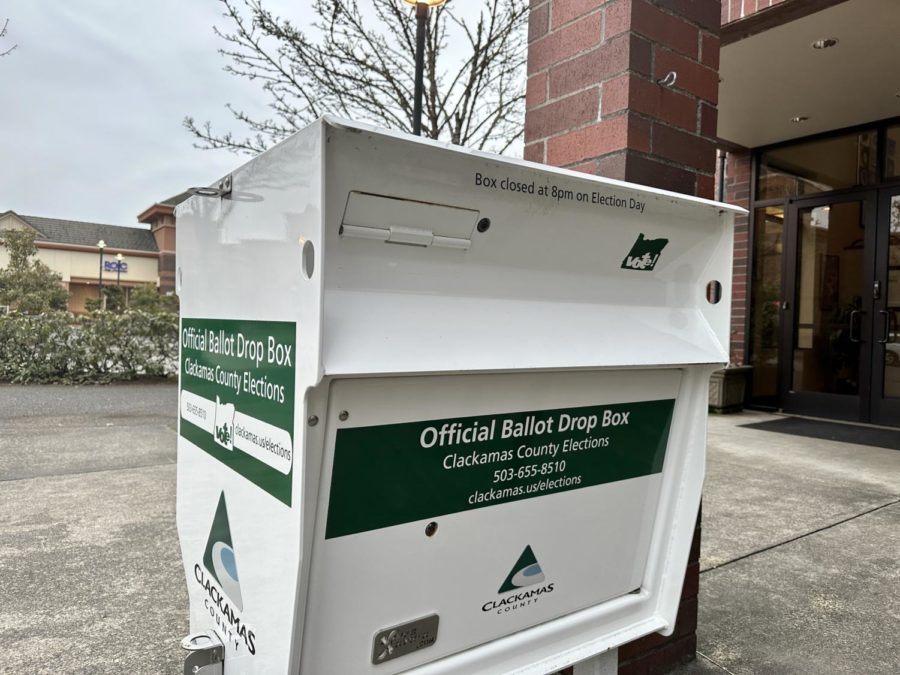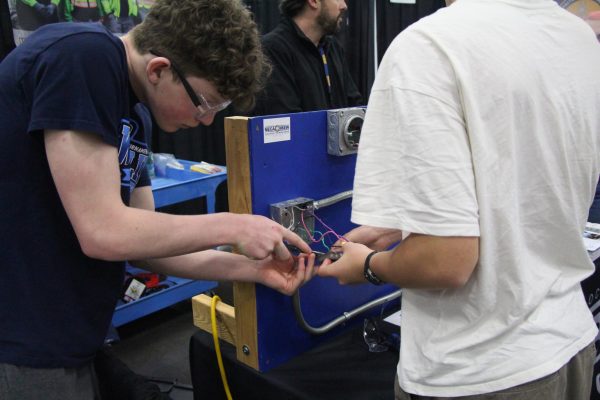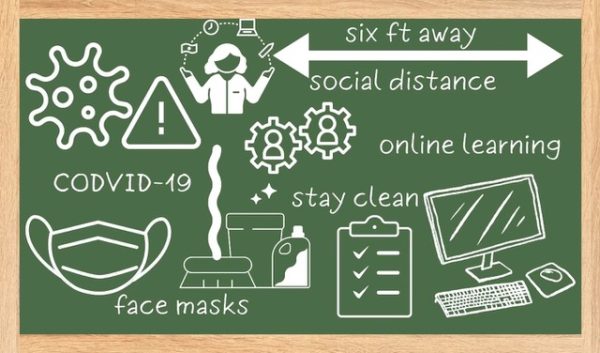Tips from local psychologists on how to deal with stresses and signs of depression
In the United States alone, 4,600 teens from the ages of 10-24 commit suicide each year according to The Jason Foundation. These past couple of years our West Linn community has experienced the consequences of teen depression. It is extremely important to know the symptoms and signs of depression and what it can lead to.
“Taking time out of your day for ‘me time’ can help to distress, rejuvenate, rest, and build resiliency against stress for the future,” Nicole Cullen, MA, MFT prelicensed child, adolescent, and family therapist said. Cullen works at the Family Imprints in Lake Oswego.
The symptoms of depression are: feeling sad or irritable more often then usual and not finding enjoyment in the things you typically like to do; a decrease in energy; a decrease or increase in sleep patterns, and/or a decrease or increase in appetite.
“In addition to sleep deprivation a lack of appetite is also a sign of depression. Teenagers may realize that they find themselves less hungry and eating less because of it. Or on the flip side, when depressed, some individuals eat to soothe their feelings,” Cullen said.
Other symptoms may include finding it harder to concentrate, a decrease in academic performance or loss of motivation academically. Other signs of depression are spending more time alone and having thoughts of self-harm or suicide.
If you are experiencing some of these symptoms, there are plenty of professionals who can determine if you do have depression and will provide you with the proper health.
Stress can lead to depression and there are numerous activities that you can try to relieve stress. Some good ones are walking, running, dancing, or playing a sport. Other ways include writing in a journal, talking with a friend or a parent, playing a game, creating art, taking a relaxing bath, or engaging in deep breathing techniques. Remember what works for someone else may not work for you.
With stress comes a lack of sleep and it is extremely important as a teen to develop a healthy sleeping pattern. “A change in sleeping patterns, either too much or not enough sleep, has long been considered a symptom of depression,” Spicer said.
“The impact of drugs and alcohol on serotonin, dopamine and endorphins, which are chemicals in the brain that regulate mood, can be devastating,” Spicer said.
Teens struggling with depression often times use drugs and alcohol as a way to relieve frustrations or self-medicate to escape the discomfort of depression, according to Spicer.
Rather than relying on alcohol and drug use, focus on inner strength. Inner strength is often times referred to as resilience and it can be a major help in combating depression. Resilience is defined as the ability to cope with the stressful situations that happen in life.
“Teens can build inner strength in a variety of ways including: establishing relationships with adults who care about them, helping others, reading, having resources to find answers to their questions available to them, participating in activities (sports, clubs, choir, etc) and establishing short and long term goals,” Spicer said.
Balance is something that everyone has to work on maintaining for personal well-being according to spicer. A to a lack of balance can lead to stress thus leading to depression. For most of your childhood, your parents have probably helped you balance your academics, extracurricular, and social play dates.
“If a teen is struggling with depression, he or she will have to develop a treatment plan that is unique to them. The treatment plan generally is created together and with input from parents or teachers when possible,” Spicer said. “A treatment plan is evaluated and modified on a ongoing basis depending on if the plan is working.”
If you think you may be suffering from depression seek out therapeutic services. Also contact your doctor to rule out any medical concerns they may have. If you or someone you know is feeling like harming themselves contact Clackamas County Mental Health Center at 503-655-8585 or contact 911 immediately.
Your donation will support the student journalists of West Linn High School. Your contribution will allow us to continue to produce quality content by purchasing equipment, software, and continuing to host our website on School Newspapers Online (SNO).

If you asked Nicole Joerger, senior, what her greatest passion in life was a few months ago, the answer might have been simpler. For Joerger, dance was...
























![Game, set, and match. Corbin Atchley, sophomore, high fives Sanam Sidhu, freshman, after a rally with other club members. “I just joined [the club],” Sidhu said. “[I heard about it] on Instagram, they always post about it, I’ve been wanting to come. My parents used to play [net sports] too and they taught us, and then I learned from my brother.”](https://wlhsnow.com/wp-content/uploads/2024/03/MG_7715-2-1200x800.jpg)
![At the bottom of the third inning, the Lions are still scoreless. Rowe stands at home plate, preparing to bat, while Vandenbrink stands off to the side as the next batter up. Despite having the bases loaded, the team was unable to score any runs. “It’s just the beginning of the season. We’re just going to be playing out best by June, [and] that’s where champions are,” Rowe said.](https://wlhsnow.com/wp-content/uploads/2024/03/IMG_3077-1200x900.jpg)






![The teams prepare to start another play with just a few minutes left in the first half. The Lions were in the lead at halftime with a score of 27-0. At half time, the team went back to the locker rooms. “[We ate] orange slices,” Malos said. “[Then] our team came out and got the win.”](https://wlhsnow.com/wp-content/uploads/2023/10/IMG_2385-1200x800.jpg)















































































